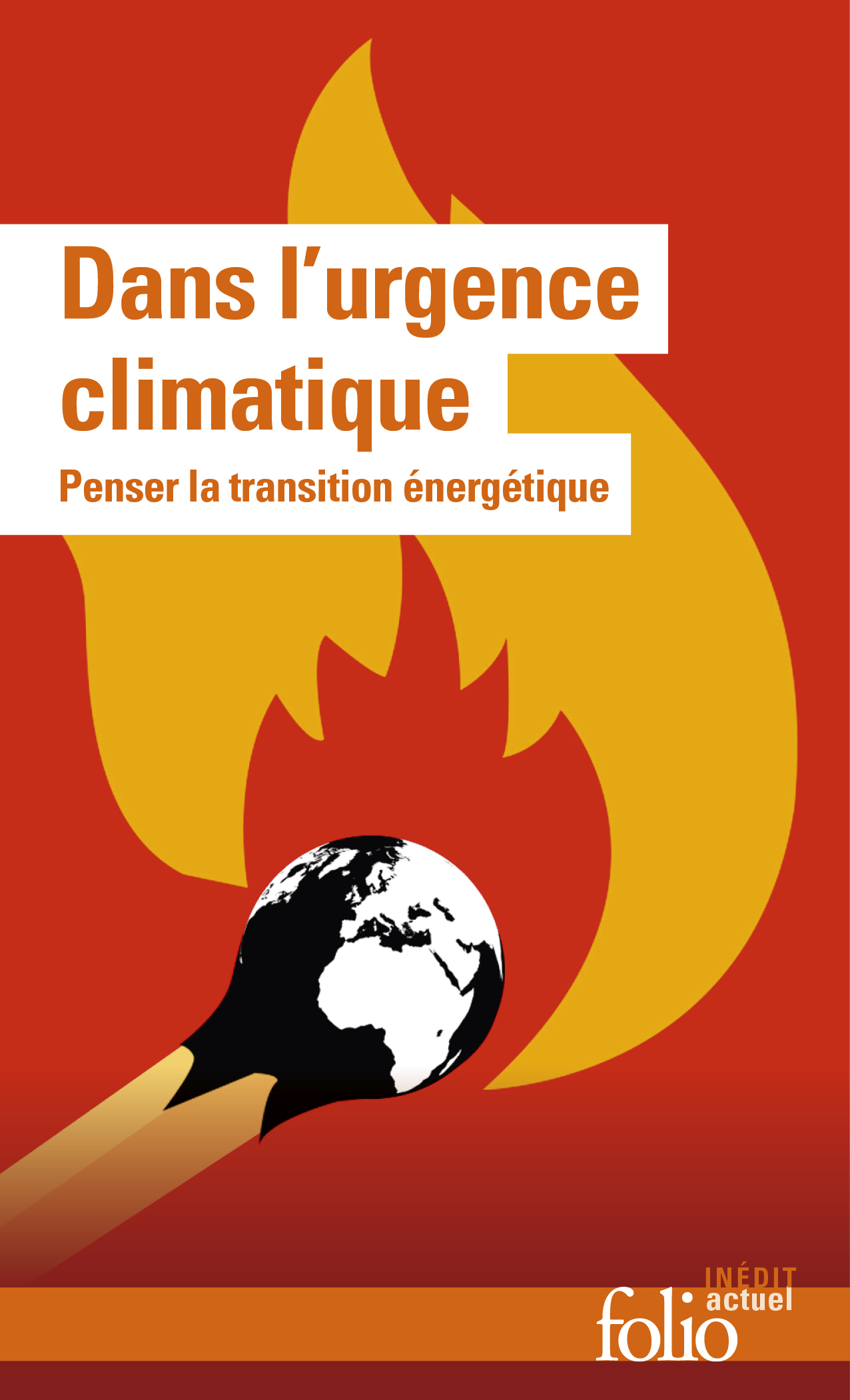Blog Post
Climate change adds to risk for banks, but EU lending proposals will do more harm than good
Climate change is a relevant risk factor for the banking sector, but the European Commission's plan to lower capital requirements for greener investments is irresponsible in encouraging banks to forego proper risk management.
Runaway climate change is the ultimate systemic risk for banks – and yes, lending to coal companies is a risk as well, and needs to be discouraged. Nevertheless it was shocking to hear, at the recent One Planet Summit in Paris, European Commissioner Valdis Dombrovskis’ sudden enthusiasm for letting banks dispense with their usual prudence in risk management when ‘good’ green investments are involved. It is a bad idea to grant banks extra-low levels of capital if something is ‘green’; realising the extra risk of ‘brown’ does not make ‘green’ extra-safe.
Commissioner Dombrovskis should be stopped. His announcement that he will “look positively” at a “green support factor” for bank lending is irresponsible and wrong. Endorsing “lowering capital requirements for certain climate-friendly investments, such as energy-efficient mortgages or electric cars” is asking banks to turn a blind eye on proper risk management, as we don’t know which green technologies will win. It is unacceptable.
The Commissioner is correct that climate risks are material for banks and need to be taken into account in setting capital requirements. Currently this is not the case – an increasingly important risk factor, neglected at our peril. According to the FSB Task Force on Climate-Related Financial Disclosures, climate change is “one of the most significant, and perhaps most misunderstood risks” that “could have significant, near-term financial implications.”
Most evidence points towards higher risk not only due to climate change but also the fight against it. There is the so-called ‘physical risk’ of a changing climate – such as the wildfires, hurricanes and droughts that damage or destroy assets – and the ‘transition risk’; new innovations that limit climate change can turn existing assets into stranded assets.
Instead of the ‘green supporting factor’ that the European Banking Federation lobbies for, a much stronger case can be made for a ‘brown penalising factor’ for fossil-fuel-intensive and -dependent assets. Not only does this give lenders the capacity to withstand losses when the energy transition accelerates (as it must if we are to achieve the stated global goal of limiting climate change to well below two degrees), a brown penalising factor will also discourage further investments that contribute to climate change. Thus the systemic risk of climate change itself would be reduced.
Given the thin rationale for lower capital requirements, the measure may well prove to be ineffective as well. When banks recognise that the actual risk is not lower they may stick to their own models and hence will still demand economic capital according to their own expectations, not those of the regulators.
At least, this is how banks should function. However, they only will when they expect that they themselves will bear the burden of overly risky lending practices. Unfortunately, the European banking sector is not there yet, despite the improvements made over the last decade. Capital buffers are still too low, banks too intertwined with each other and their sovereign. If things go wrong with enough banks at the same time, governments will most probably step in again.
In its final report, due in January, the EU High Level Expert Group on Sustainable Finance should stick to the position it took this summer – that is, that higher capital charges for unsustainable assets “yield a constellation in which risk and policy considerations go in the same direction”.
Preferably this is done through the first pillar of the capital regulation framework that sets minimum capital requirements. Climate exposures – proxied by the carbon intensity of assets – should be translated into credit risk. This cannot be done using models that are based on historical data, as the energy transition is an unprecedented development. Rather, scenario studies should be used to quantify the impact of transition. This innovation in risk assessment breaks with convention; such a break is necessary, though, as it is still better to be roughly right than exactly wrong.
Combatting climate change, while indeed a laudable endeavour, is only a legitimate element of capital regulation if it addresses risk or financial stability. Using other objectives for setting capital requirements will at best prove ineffective; at worst, will it undermine financial stability and give sustainable finance a bad standing. In response to Dombrovskis’ announcement, ratings agency Moody’s has already signalled this may lead to lower credit ratings of EU banks.
Banks need more capital, not less. Climate change adds to the gravity of this issue, it poses new and additional risks for banks that are already insufficiently capitalised. Green support factors therefore should not be the priority of the European Commissioner responsible for financial stability.
Republishing and referencing
Bruegel considers itself a public good and takes no institutional standpoint. Anyone is free to republish and/or quote this post without prior consent. Please provide a full reference, clearly stating Bruegel and the relevant author as the source, and include a prominent hyperlink to the original post.










